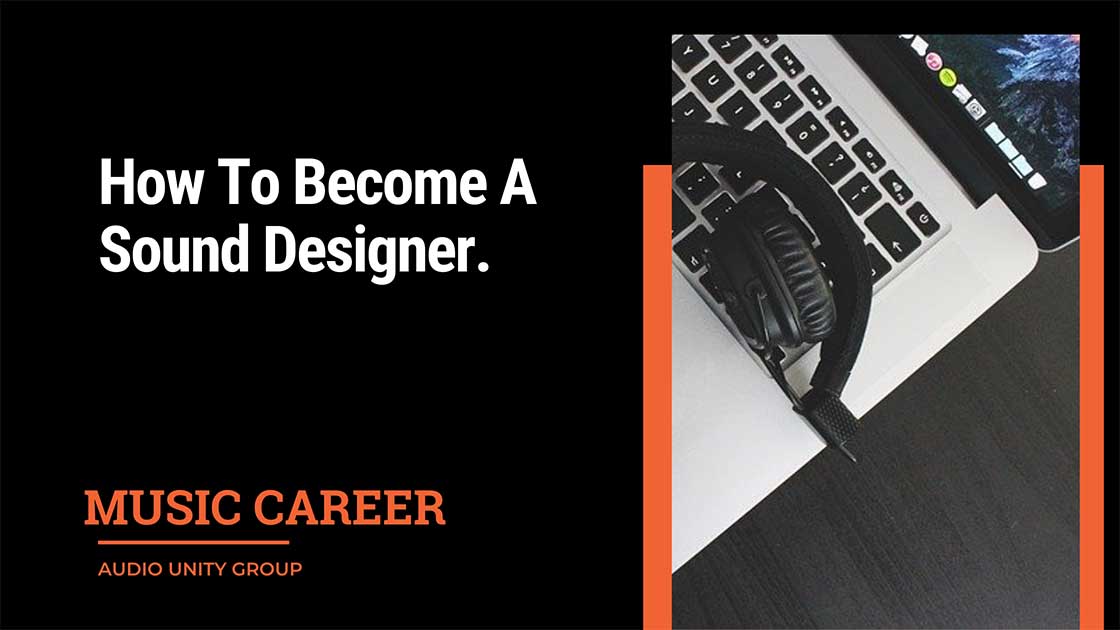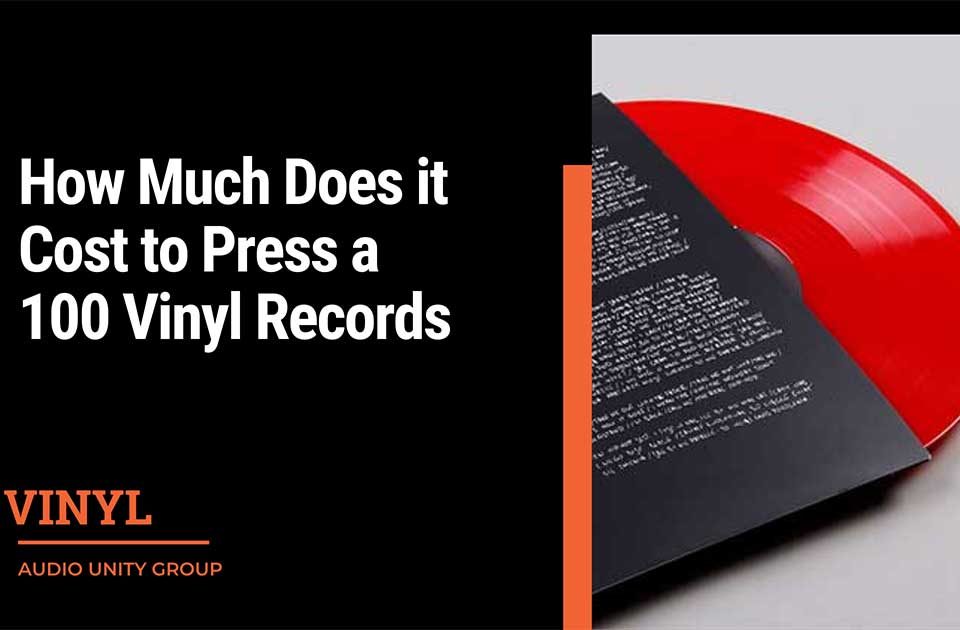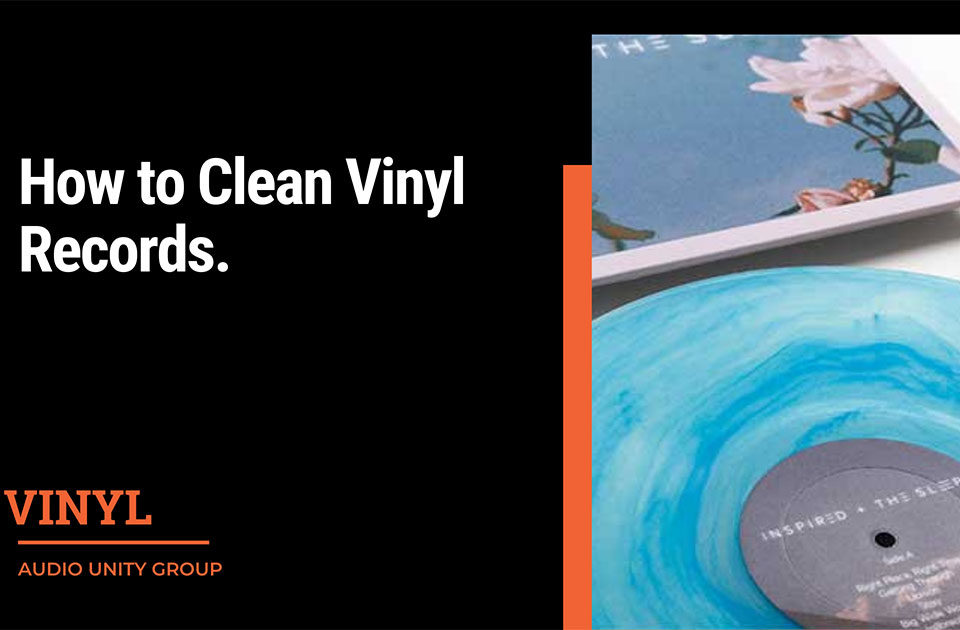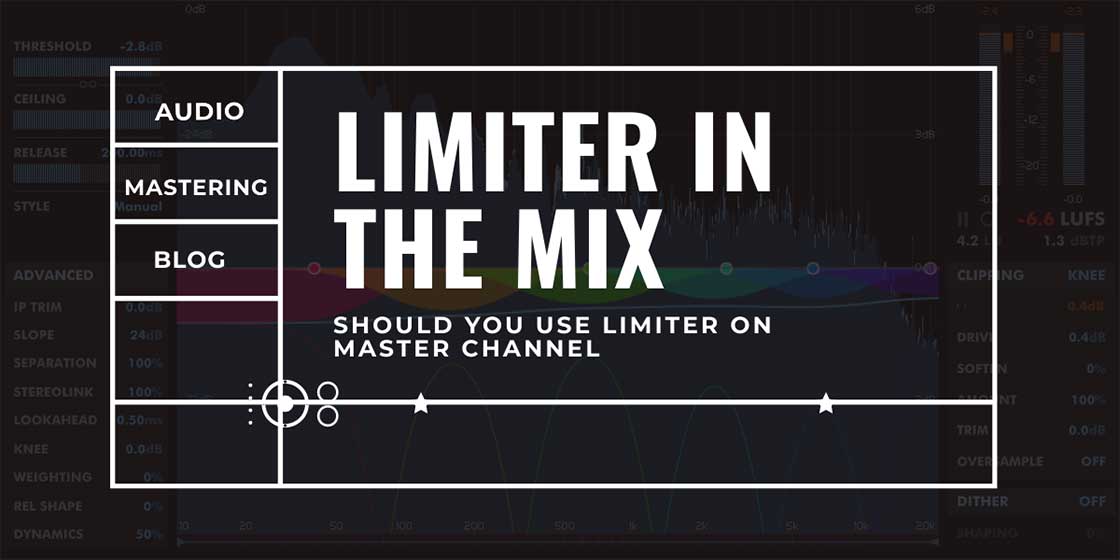
Should I put a limiter on my master channel
February 4, 2021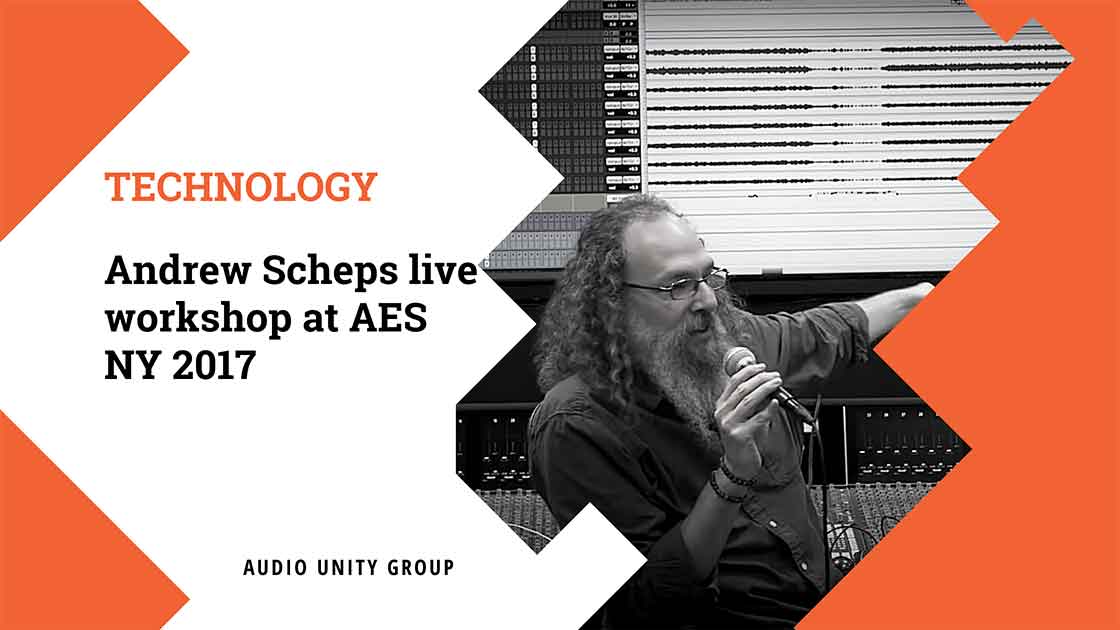
Andrew Scheps live workshop at AES NY 2017
March 26, 2021Career Path : How to Become A Sound Designer
Do you want a career in the music industry? Well, if you’re like me and you can’t play an instrument, your options are pretty limited. Unless you want to be a sound designer!
First things first, there isn’t a straightforward path into becoming a sound designer. It involves a mix of good fortune, hard work, and social networking. Plus, a knowledge of contemporary Digital Audio Workstream software.
So how do you become a sound designer? For many, their sound designing roots come from a degree. This can be anything from a foundation degree, to a third-level degree – but this isn’t the only way to crack into the industry. Many designers begin their careers gaining practical experience with local artists, theatre groups, or internships.
Nevertheless, as long as you have gathered enough experience, you should be able to create, edit, modify and alter sounds to create the perfect soundscape for any piece.
Sound designing is one of the most intricate, complicated jobs involved in the music industry. It involves hard work and an almost-obsessive knowledge of musicality. If that tickles your fancy, read below to see a breakdown on how to become a sound designer.
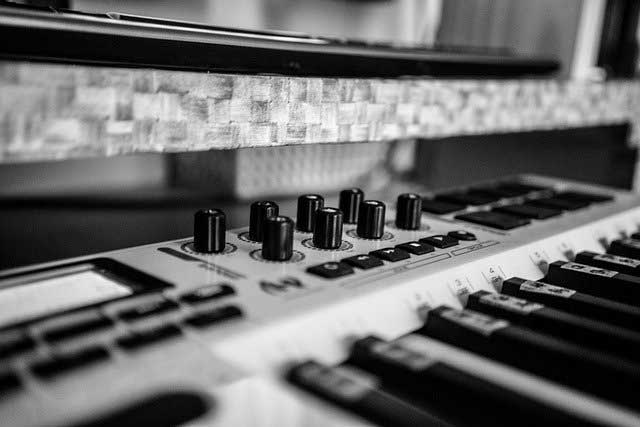
What does a sound designer do?
A sound designer is an audio artist. They create the entire soundscape (landscape + sound) for the piece you are working on, ranging from animation, to instrumental albums. In short, a sound designer can create, edit, modify and alter sounds to create the right atmosphere for your piece. This helps to communicate the story on a deeper level, adding a sense of depth to the entire piece.
The sounds they use can be created from scratch, recorded from live instruments, sampled from previous recordings, or simply recorded from real life.
What qualifications do you need to be a sound designer?
You can get into this job through a university course, a college course, an apprenticeship or specialist courses run by private training providers. Other routes include:
- Completing a foundation degree, higher national diploma, or degree in a related subject like sound and live event production, live sound and lighting technology, music technology, technical theatre art.
- Completing an advanced apprenticeship in technical theatre: sound, light and stage. To gain entry to these courses, you will usually need five GCSEs (or equivalent) at grades 9 to 4 (A* to C), usually including English and Maths.
- Practice. And lots of it. If possible, we would encourage you to get practical experience of using sound equipment, to help your career prospects, however you can. You could try helping backstage in a theatre, being a roadie for a band, rigging sound in amateur theatre or for local bands – however you can find experience, take it!
Technically, you don’t need any qualifications to become a sound engineer. Obviously, a degree in a music related subject will give you a significant grounding and help get your foot in the door. But an employer wants someone with relevant experience – experience that can come from studying, or real-world practical learning.
How long does it take to become a sound designer?
How long is a piece of string? We joke, but there is a point to be made. Each individual’s journey is unique to them and cannot be copied and pasted to a different life. So, how one person became a sound engineer may be different to another’s.
For Kenny Beats, one of the most in-demand music producers in the world right now, he studied music business at Berklee College of Music and then interned at record label Cinematic Music Group to build his social network.
While, Raphael, who works as a sound engineer for artists like Stormzy and Tinie Tempah found success from his social circles, claiming “to get in the industry, it’s who you know”. Clearly, to become successful in the industry you have to work hard and keep making new connections.
You have to put yourself in the right position to learn and meet others – which can happen overnight, or over the course of a few years.
What skills does a sound engineer need?
The list of skills a sound engineer can use can seem a bit endless, but the core skills are:
- Creativity: have an ability to see how a story can be enhanced with additional sound, without that sound becoming too distracting
- Storytelling: an ability to understand the story of the piece you are working on, and how to enhance it with sound
- Tech-savvy: a sound engineer has to know how to use the appropriate software and hardware involved in creating sound. This means having knowledge of a diverse list of equipment and technologies
- Communication: a skill extremely important in any role, but when discussing the complex interactions of sound, you need to know how to relay the information you want to, correctly.

What software should I know to become a sound engineer?
The software that each sound engineer should know can vary from person to person. But the main software’s that you should have at least a working knowledge of are:
- Avid Pro Tools – often referred to as being used by 99% of the industry
- Adobe Audition – the sound editing package from Adobe
- Audacity – every sound engineer’s first software (it’s free)
- Reaper – a low budget but viable Digital Audio Workstream
- Ableton – arguably the fast DAW available
However, this is not an ironclad list. Keep an eye out for new developing software and keep learning
What is the difference between a sound engineer and a sound designer?
First of all, a sound engineer and a sound designer are not the same thing. But they do use a lot of the same skills.
In layman’s terms, the sound designer is responsible for the creation or sourcing of appropriate sounds, as well as in charge of the entire piece’s sonic appearance (how it sounds).
So what’s the difference between a sound engineer and a sound designer? While the sound engineer is the expert in mixing, the engineer is responsible for making sure the different components of the piece mesh well together, making sure everything works, and can even be responsible for managing the live sounds at a concert, theatre or venue.
Do sound engineers make good money?
As with most jobs, the salary can vary from case to case. However, largely speaking, sound designers can make between £25,000 to £40,000 per year.
Hope that was helpful!
Thanks,
Tom
![]() Absolutely amazing service just received my cd sleeves today and they look sooo good!! Tom was absolutely brilliant I’ve never done this before and he helped me through the entire process and went that extra mile to make sure I got the cds before a gig highly recommended and will be using there service again in the future ❤️
Absolutely amazing service just received my cd sleeves today and they look sooo good!! Tom was absolutely brilliant I’ve never done this before and he helped me through the entire process and went that extra mile to make sure I got the cds before a gig highly recommended and will be using there service again in the future ❤️
November 12, 2021
![]() If ya looking for the right sound of your product, dont waste your time. Tom is the person you need!!
If ya looking for the right sound of your product, dont waste your time. Tom is the person you need!!
December 16, 2020
![]() Thank you for all the help with mastering my tracks.
I happily recommend anyone looking to have work mastered to use Audio Unity. Their service is fast, professional and incredibly understanding and helpful. Definately using you guys again in the future.
The songs sounded crisp and nicely balanced……..great job!!!
Many thanks
Thank you for all the help with mastering my tracks.
I happily recommend anyone looking to have work mastered to use Audio Unity. Their service is fast, professional and incredibly understanding and helpful. Definately using you guys again in the future.
The songs sounded crisp and nicely balanced……..great job!!!
Many thanks
November 16, 2020
Hey I’m Tom, I’m a mastering engineer here at Audio Unity Group. I mostly look after Vinyl production and audio side of things. I hold a bachelor’s degree with honours from Kingston University in London. I love audio and helping others create outstanding-sounding records.



